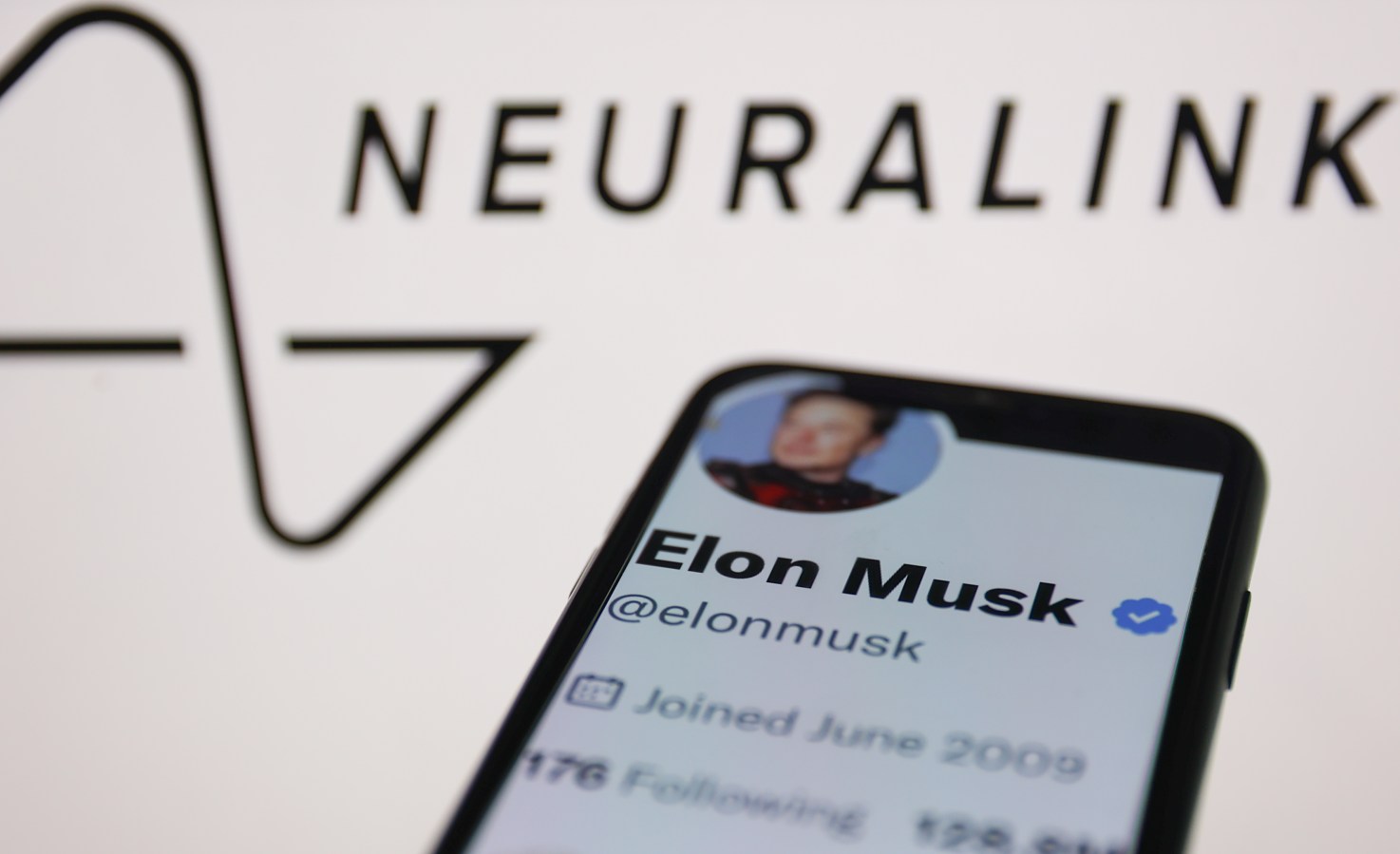Elon Musk is suing ChatGPT-maker OpenAI and its CEO Sam Altman for undermining the company’s original goal of developing an open-source artificial general intelligence that would “benefit humanity” in favour of maximising profits, widening a longstanding rift between the two cofounders over the future of a company that now sits at the heart of Silicon Valley and the AI revolution.

Elon Musk sued Sam Altman and OpenAI.
Getty Images for Vanity Fair
Key Takeaways
- In court documents filed with the San Francisco Superior Court, Musk claimed Altman and Greg Brockman, another OpenAI cofounder, approached him in 2015 to launch a non-profit organization with a goal of developing AI “for the benefit of humanity” rather than to enrich shareholders.
- Its work would rival leading AI labs like Google/DeepMind and, barring safety concerns, be open-source—freely and publicly available for anyone to use, modify and distribute—principles Musk said were then enshrined in OpenAI’s founding agreement.
- Altman, Brockman and OpenAI have since reneged on that agreement by restricting access to its technology in order to “maximise profits,” Musk’s lawyers alleged, claiming breach of contract, breach of fiduciary duty and unfair competition and asking the court to force it to return to open source and prevent the company and named founders , as well as backer Microsoft, from profiting off the technology.
- OpenAI’s close relationship with Microsoft, which has invested billions into the venture and makes use of its AI models across its products, illustrates this pivot to closed-source profit seeking, Musk claims, with secrecy over technology now “primarily driven by commercial considerations, not safety.”
- The billionaire claimed Microsoft “stands to make a fortune” selling the company’s most recent AI model, GPT-4, to the public, slamming it as a “de facto Microsoft proprietary algorithm” and the “opposite of ‘open AI’” and something that would “not be possible” if OpenAI made its technology freely available to the public “as it is required to do.”
- OpenAI and Microsoft did not immediately respond to Forbes’ request for comment.
Tangent
Musk’s lawyers focused part of their argument on Altman’s dramatic departure from OpenAI, and subsequent return, last year, something made possible through the company’s unusual structure as a nonprofit. The company’s board was restructured following Altman’s ouster, including the addition of Microsoft with an observer seat. Under the new board, Musk claimed OpenAI “is not just developing but is actually refining an AGI to maximize profits for Microsoft, rather than for the benefit of humanity.” The firm’s “once carefully crafted non-profit structure was replaced by a purely profit-driven CEO and a Board with inferior technical expertise in AGI and AI public policy,” Musk’s said in the court documents.
What We Don’t Know
OpenAI’s primary goal is to develop artificial general intelligence, AGI, a category of AI that differs from specialized functions like driving or playing chess and can instead perform at a high level across a broad range of cognitive tasks. It is a matter of debate whether some of the more advanced AI models produced today, such as the GPT-4 underpinning ChatGPT or Google’s Gemini, count as an early form of AGI. Musk said in the lawsuit he believes GPT-4 “is an AGI algorithm,” and should therefore be “expressly outside the scope” of Microsoft’s license with OpenAI, which only applies to the company’s pre-AGI technology.
Musk said another model being developed by OpenAI, Q* (Q Star), would have “an even stronger claim to AGI.” However, he said the secrecy surrounding all of OpenAI’s newer technology makes it hard to assess externally, adding that the new board is “ill equipped by design” to assess whether the technology has reached this threshold. “OpenAI’s entire development is now veiled in secrecy and the public only has rumors and isolated fragments of communications to understand what may be released next.”
Key Background
Musk, Altman and Brockman were all cofounders of OpenAI and the court documents claim Musk was a ”moving force” behind its creation, contributing the majority of funds in the first few years. The billionaire stepped away from the company in 2018, though the court documents say he contributed financially through late 2020, around the time the company entered into an agreement with Microsoft. Musk’s departure allegedly followed a failed takeover attempt and conflicts of interest with his other ventures.
Musk has publicly criticized OpenAI and Altman for allegedly prioritizing profits over AI safety, a major issue motivating the company’s foundation. Musk is one of the more high profile industry figures warning of the technology’s potential to wipe out humanity. Musk launched a separate AI venture, xAI, last year in an effort to stay competitive in the fast-moving AI space. The company’s first product, an AI chatbot called Grok, has been styled as a rebellious alternative to OpenAI’s generative AI chatbot ChatGPT, whose launch triggered a race among companies to release similar products such as Google’s Gemini (formerly Bard) for text, image and video creation.
Forbes Valuation
We estimate Musk to be worth $210 billion. His fortune, largely derived from a series of companies he cofounded and runs including electric carmaker Tesla, rocket firm SpaceX and brain implant venture Neuralink, makes him the second richest person in the world. He is led by French luxury goods titan Bernard Arnault, worth an estimated $229.4 billion, and trailed by Amazon founder Jeff Bezos, worth an estimated $197.7 billion.
This article was first published on forbes.com and all figures are in USD.


